Eco-friendly life hacks for families
These 16 clever ideas make protecting the planet simple and fun for kids…
How can kids be eco-friendly at home? It often seems like making an impact on the planet requires a big action that’s out of reach for a typical child. But that’s not true. Parents can empower kids by showing them ‘eco-hacks’, or eco-friendly life hacks – simple, surprising, and clever ideas that help kids find the fun in protecting the planet.
“If kids are made aware of these things, they can tip the balance a little bit,” says Kris Bordessa, author of Attainable Sustainable: The Lost Art of Self-reliant Living. “We’re in kind of a rough spot right now with the climate and environment, but people can make changes that are so simple.”
We asked Bordessa, along with other experts, to weigh in on clever eco-friendly life hacks kids can use to protect the planet – as well as fostering a lifelong love for the Earth. Here’s how to help them hack away!
Pet perks
Make your own pet toys
Old egg cartons, cardboard boxes, and toilet paper tubes can be perfect for kids to construct a treat puzzle for pets to engage with. When the furry friends are finished, just add the rubbish to your compost bin.
Give a good night’s sleep
Well-worn towels, used bedding, and even some T-shirts are perfect snooze-time accessories for animals in shelters and vet’s offices. Check with your local operators to see what they’re accepting and have kids gather up the ‘new’ bedding.
Home hacks
Good to the last squeeze
Here’s an idea to protect the planet and get kids to brush their teeth! See how much extra toothpaste they can squeeze out of the tube once they think it’s empty by rolling the package tightly up from the bottom and using a binder clip to keep it in place. The pressure will make it easier to get every last squirt – and repurpose a clip too.
Sock it to me
Before your kids tries to toss an outgrown or mismatched sock – which will likely find its way to landfill – challenge them to see what else the sock could fit. For instance, use it to make hot chocolate mug cosies, hand puppets, beanbags, or small bags to hold loose game pieces.
Three-minute workout
Around 15% of global greenhouse gas emissions come from heating and cooling our homes, so keeping your home colder in winter and warmer in the summer can go a long way in reducing CO2 waste. If kids complain that they’re freezing inside, have them try a minute of star jumps or disco dancing before deciding if they really need to turn up the heat. For cooling down in summer, try these tricks before reaching for devices.
Regrow snacks
Kids might eat their veggies if they can recycle them! When preparing celery snacks, cut the stalks about two inches off the bottom, and keep the bulb. Have kids insert skewers into the sides of the bulb about an inch from the bottom, and let the skewers rest on the top of a shallow pan of water. Within a few days you’ll start to see the roots grow. Plant it in a pot or your garden, and in about four months kids will have brand new celery to munch. Try it with spring onions, garlic or lettuce, too!
Ratty shirts welcome
Don’t add kids’ old cartoon-character T-shirts to landfills – add them to your compost pile instead. Cotton and other natural fibre T-shirts will break down and add to the organic fertiliser for the garden. Shred them and make sure to snip away non-natural parts – like many printed logos – before throwing them in.
Water works
Sing in the shower
Encourage kids to create a four-minute playlist they can listen to in the shower – and when the songs are over, so is the cleanse! Scientists estimate that we use about eight litres of water every minute in the shower, and since the average one is about eight minutes long, cutting that time in half can have a big impact.
Tank dam
Every toilet flush sends up to 13 litres of water down the drain. Reduce that by having kids put sand or rocks in a small milk bottle, filling it with water, then placing it in the toilet tank away from moving parts. The tank won’t fill as much, which means less water wasted.
Catch your water
Set out a bucket to collect rainwater and ask kids to come up with creative ways to use it, like watering the garden or filling pet bowls.
Double duty
Instead of letting water drain down the sink while kids are waiting for it to warm up, have them catch it in a large bowl or pot. Then they can use it to rinse dishes, water indoor plants, or try fun science experiments.
Garden guardians
Bee kind
In the spring, help your local pollinators by making an easy ‘bee water station.’ Have kids add some pebbles to a shallow pan filled with water that’s just below the top of the rocks. Place near flowers or pollinating trees and bushes so bees have an easy place to land and sip safely.
Make butterfly potion
Have four or five overripe bananas? In The Book of Nature Connection, author Jacob Rodenburg suggests using them to make a butterfly potion. Blend the bananas with one cup of white sugar and a little bit of water. Pour that mixture along with one can of beer (optional!) into a big jar. Add just enough water to make it gooey and cover loosely. Then on a nice day, have kids soak a sponge in the solution and hang it from a tree or paint some rocks to attract butterflies.
Don’t clean up
Here’s one less chore for kids – don’t clean up leaves or tree limbs in your garden. Those can provide potential habitats for tasty insects as well as nesting birds.
Move your bird feeder
Have kids scout out your garden for evergreens (trees that don’t lose their leaves) and hang your feeder nearby. This gives smaller birds a safer place to hide while eating so they’re protected from predators like hawks or cats. More bird feeder tips here!
Keep it seed simple
Black oil sunflower seeds are popular with many varieties of birds, so offering that instead of mixed birdseed will attract more fliers for kids to watch. The grub will also mean fewer wasted seeds – and therefore fewer unwanted critters that are after the leftovers.




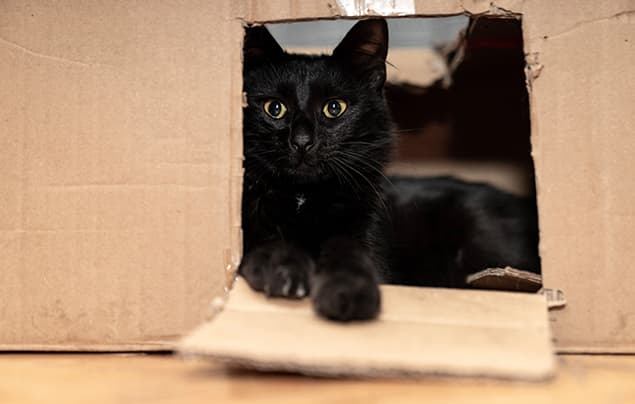

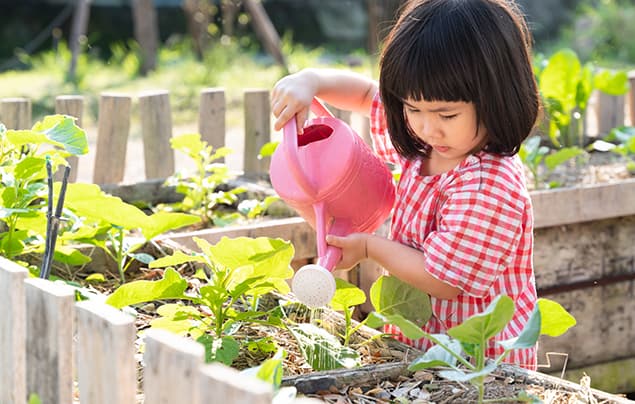
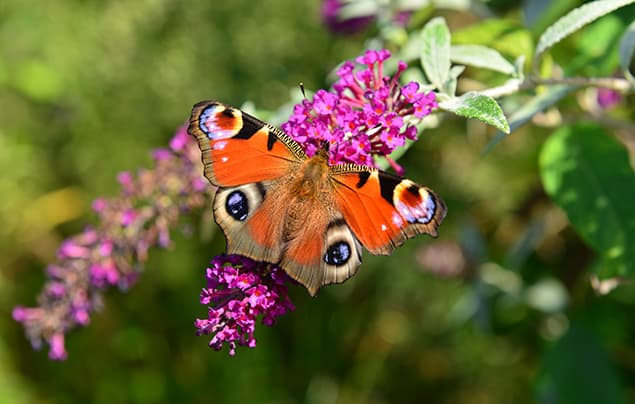
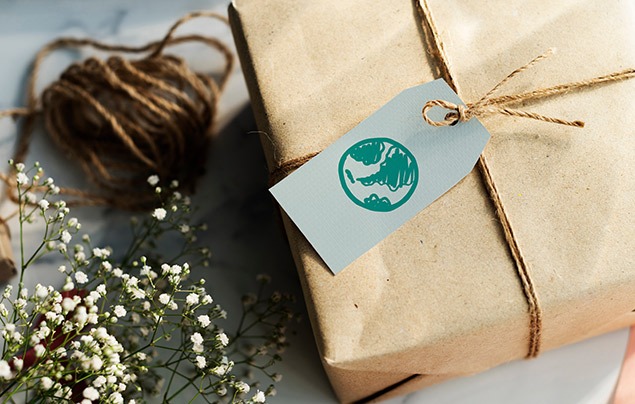
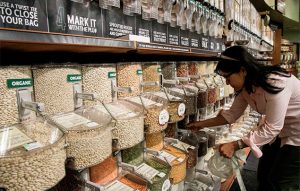
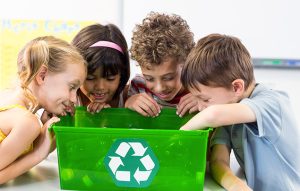






LEAVE A COMMENT
THANK YOU
Your comment will be checked and approved shortly.
WELL DONE,
YOUR COMMENT
HAS BEEN ADDED!
COMMENTS
CUSTOMIZE YOUR AVATAR